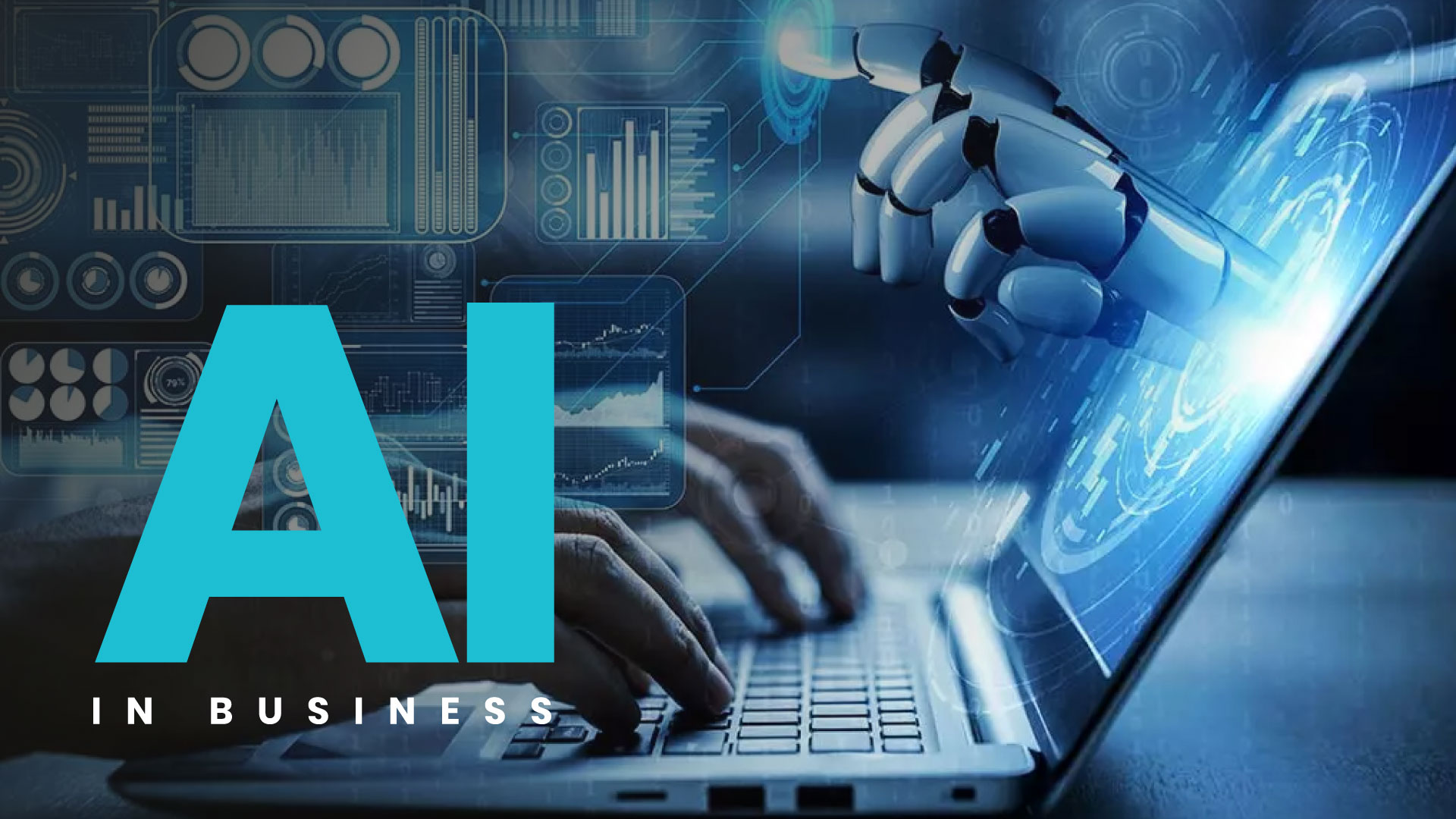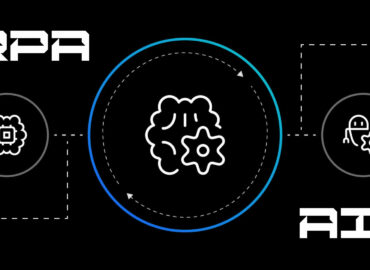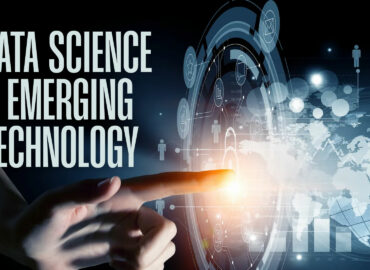The Impact of Artificial Intelligence on Business Processes
Introduction
The advancement in AI has led to the fourth industrial revolution. There is no denying that AI is the future, as it has already taken an important place in today’s world. But most of us are not aware of the impact it has had on our daily lives. Also, people do not seem to understand what artificial intelligence is. They will think about a robot or a machine but it can really be a simple machine like Alexa, google navigation, etc. Simply put, artificial intelligence (AI) is software built to mimic human intelligence and activities. It has affected all disciplines and fields of study across the world. It has improved work performance, speed, and effectiveness, providing leisure for day-to-day tasks.
Here we will discuss the impact of artificial intelligence on business and business processes.
AI’s impact on business
Businesses have evolved greatly with the incorporation of artificial intelligence into their systems. A research study conducted by Harvard Business Review supports this statement and the results are astonishing. AI has helped in generating business leads by 50%, reducing call times by 60%, and reducing costs by 40% to 60%. Corporate giants are shifting their workload to AI-based software. It doesn’t mean that humans will be replaced by AI and there will be no need for them. Instead, AI has come as an assistant that can speed up the decision process and take up the more mundane tasks.
Some of the general advantages of using AI in businesses are as follows:
- AI automation will relieve humans from repetitive tasks
- It increases productivity during working hours
- It is effective and produces results more effectively
- AI is precise and accurate in most of its predictions and calculations
- It can detect flaws and errors in data processing
- It is cost-effective and leads to more profit
- It enhances cybersecurity and decreases security threats
Below is a brief outlook on the impact of AI on various business processes and how AI has changed the traditional setup of work systems across various fields.
1. AI and Data Analysis
The major task involved in a business is to store and secure large amounts of data. From time-old filing systems to data entry, it was laborious to put together scores of important data. AI has changed data analysis by not only automating it but also pointing to errors, if any. Also, the research methods have changed, saving time and providing a wider comparative investigation of the data.
2. AI and Customer Service
The most important part of any business is the customer. The whole business policy is centred around customer satisfaction, as this is what drives a successful business. Even though product quality is ensured, the sales can be increased by effective customer service. The old method was call centres, which would take complaints and guide the customer accordingly. However, it required a good deal of investment and labour to complete the task. AI chatbots have changed CRM (customer relationship management) and smoothed the interaction between customers and brands. It responds to queries faster and more effectively, saving time and energy. The 24/7 presence of AI chatbots has increased turnover for many businesses.
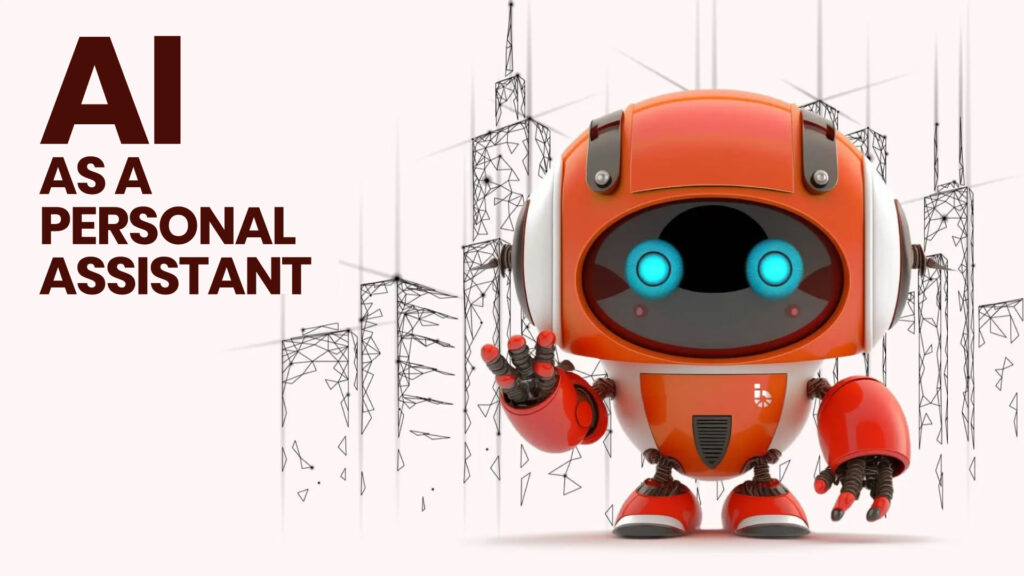
3. AI as a Personal Assistant
The purpose of AI is to improve outcomes at points where humans lack them. AI can serve as a personal assistant and can handle many tasks like scheduling, operating, and arranging meetings. It can act as a punctual reminder for important calls and messages. It can hire people on your behalf and prepare work performance sheets by plugging into system data. It can keep a record of your work profile and store important information. Hence, various assistant bots can be programmed for relevant tasks and much time can be saved.
4. AI and Research
AI is capable of being programmed according to desired results. It has surely enhanced the research process. For example, if a business wants to know about its customer preferences, it can conduct surveys and gather feedback. It can categorize the following results based on gender, product description, product quality, etc. Besides that, AI can also help in research related to other fields, such as medicine, in diagnosing patients, recognizing disease patterns, and manufacturing improved drug formulas.
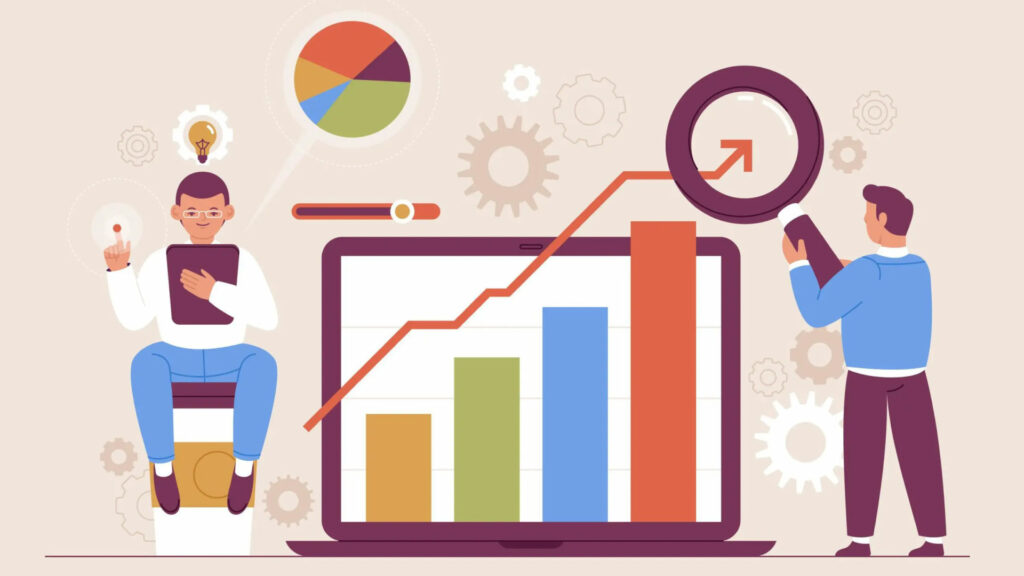
5. AI and Decision Making
Artificial intelligence has made the decision-making process faster and more effective, Data is available at the tip of your finger. This is because AI is fed with all the necessary data and by analyzing the business trajectory, informed decisions and predictions can be made. This has also reduced risk-taking and fraud by adding meticulous evaluation. This leads to optimized profits and scalability for further improvement in expanding businesses.
Conclusion
In addition to the above points, AI has many more advantages that will surely change the traditional outlook on business. Artificial intelligence has not only improved business processes but has also stretched the business industry. Many small-scale businesses and startups have found encouragement due to AI. It has divided the workload and provided all-in-one assistance for new business owners. According to statistics by Small Business Britain and a global hiring platform, about 38% of small businesses are using AI. Moreover, according to Forbes, AI deployment in HR has increased by 270% all over the world. This means that AI has great potential for the future and will surely innovate the landscape of businesses. People are threatened that AI will take their jobs, but it will also create jobs. The key is to be equipped with the technicality to handle artificial intelligence and procure the best service from it.


